- BlackVoter.Org
- Posts
- BLACKVOTER.ORG #96
BLACKVOTER.ORG #96
Empowering Awareness: Stay Grounded With Blackvoter.org Newsletter!
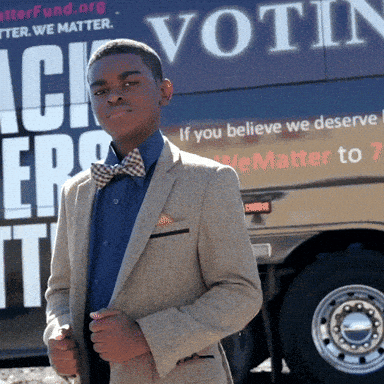


The family of Dvontaye Mitchell, a Black man who died after being pinned to the ground by security guards at a Milwaukee hotel, is demanding answers. Mitchell, 43, was at the Hyatt Regency Hotel on June 30 when he caused a disturbance and was escorted out by security guards.
A video shared on social media shows four security guards restraining Mitchell, with one of them, who appears to be white, telling him to "stay down" and accusing him of going into the ladies' room. When police arrived, Mitchell was unresponsive and pronounced dead.
The preliminary manner of death has been ruled as a homicide. Mitchell's family attorney and civil rights advocate Ben Crump said that it is unacceptable that the case is not being considered a criminal investigation, despite the medical examiner's determination.
The security guards involved in the incident have been suspended, and an investigation is underway.
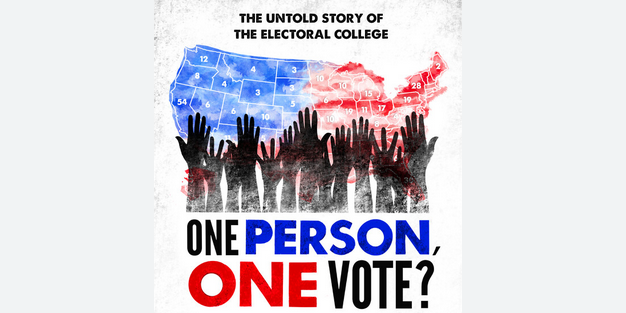
Uncover the Truth Behind the Electoral College in Eye-Opening Documentary Premiering September 30th!
The documentary "One Person, One Vote?" is set to premiere on Independent Lens on September 30th, offering an in-depth exploration of the Electoral College system in the United States. The film follows different individuals with diverse political affiliations, providing historical context on the origins of the Electoral College and its ties to slavery.
The documentary features commentary from experts, including historians and journalists, to present a nonpartisan understanding of the institution. Directed and produced by Maximina Juson, the film aims to shed light on the often misunderstood mechanism for electing a president.
It will debut on PBS's Independent Lens and will also be available for streaming on the PBS app.

The article takes a look back at the 1924 Republican and Democratic conventions, which were filled with fights over whether or not to condemn the Ku Klux Klan. The tussle over the party platforms at these conventions reflected the influence and power of the Klan at the time, which had support from both major parties.
In the end, the Republicans chose not to denounce the Klan explicitly, instead using vague language condemning prejudice and discrimination. The Democrats also struggled to agree on language to denounce the Klan, with some arguing that it was unnecessary to give the group attention.
The article highlights the role of activists from the NAACP in raising awareness about the Klan's activities and pushing for a denunciation. It draws parallels between the political climate of 1924 and the present day, noting that while the Klan may no longer be prominent, white nationalist forces continue to persist.
The article raises the question of whether the values needed to make democracy work, such as tolerance and inclusion, are widespread enough today.


The article discusses the dilemma facing the Democratic Party as it looks ahead to the next presidential election. While there is plenty of political energy within the party's base, it may not be enough to re-elect President Biden.
The article highlights the impressive talents of rising stars within the Democratic Party, such as Representative Jasmine Crockett, who captivated a crowd of voters at a recent event. These charismatic politicians have been relied upon by Biden as surrogates, but their popularity and energy may end up overshadowing the president himself.
This poses a challenge for the Democratic Party, as it is increasingly difficult for voters to ignore the dynamic and compelling voices within the party who are outshining the standard-bearer they are trying to defend. Overall, the article portrays a party with an abundance of talent and political energy, but raises questions about whether this will translate into electoral success for the Democrats.
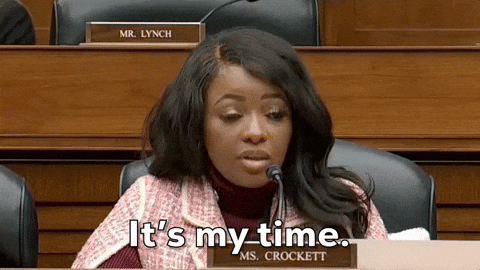
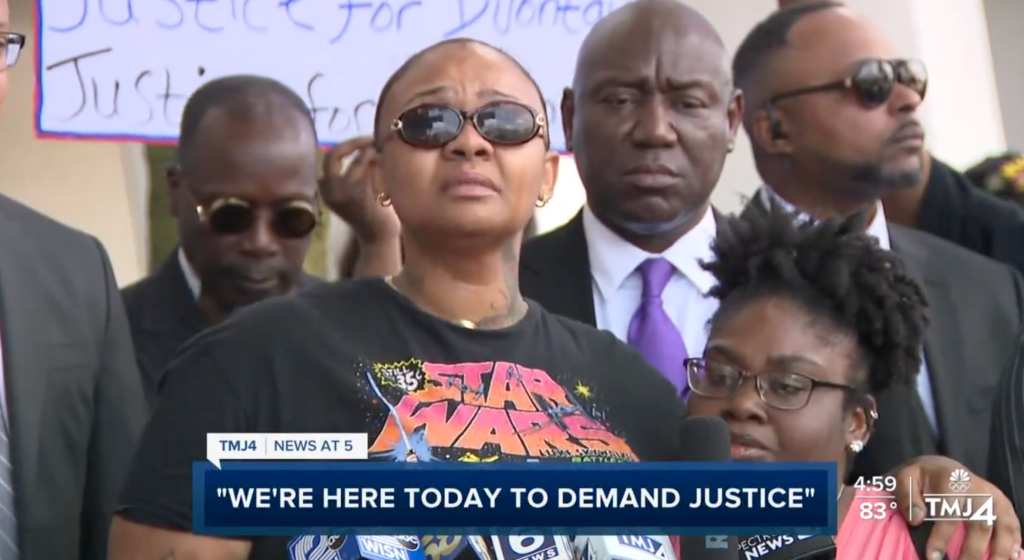
The family of Dvontaye Mitchell is demanding answers and justice after the Black man was killed by security guards at a Milwaukee hotel last month. Mitchell was escorted out of the Hyatt Regency by authorities, who claimed he had caused a disturbance.
A video posted on social media shows four security guards pinning Mitchell to the ground as he pleads with them. One guard can be heard saying "stay down" and "stop fighting.
" When police arrived on the scene, Mitchell was unresponsive and pronounced dead. The Milwaukee County Medical Examiner's Office initially ruled his death as a homicide, but the final manner is yet to be determined.
Mitchell's family, along with attorney Ben Crump and Reverend Al Sharpton, are demanding a thorough and transparent investigation into the incident and holding the security guards accountable.

In this article, the author discusses the significance of Freedom Schools in the civil rights movement and argues that they are still necessary today. Sixty years ago, Freedom Schools were established in Mississippi as a form of clandestine education for Black communities.
These schools provided a radical curriculum that challenged white supremacy and aimed to instill a more realistic perception of American society. Despite facing violent pushback and opposition, the Freedom Schools of 1964 were successful in enrolling over 2,500 students in over 40 schools.
Today, organizations like the Children's Defense Fund continue the legacy of Freedom Schools by providing free education to marginalized children and promoting social action against inequality. The author emphasizes the importance of education in understanding and challenging systemic issues, especially in a time when books and topics centered around marginalized experiences are being banned and censored.
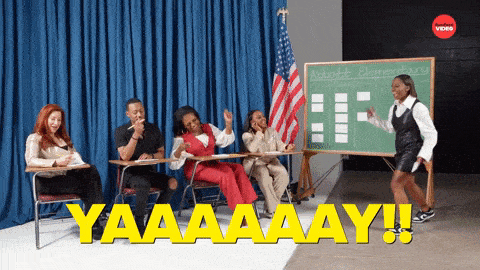
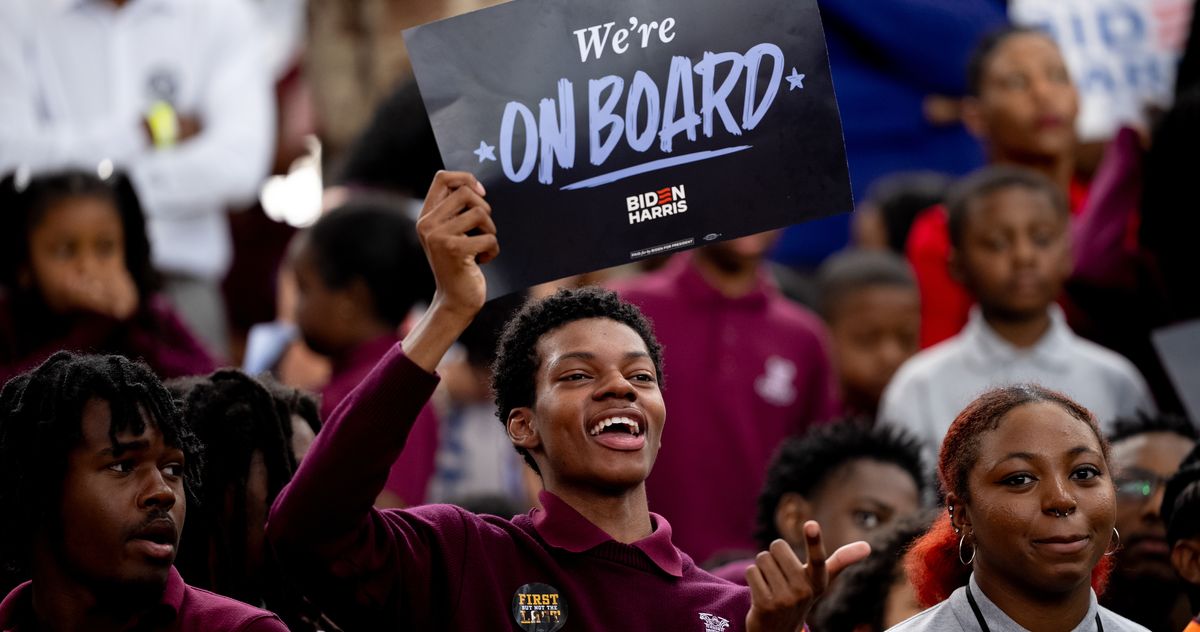
In this article, the author argues that Black people should not be relied upon to save Joe Biden's political career. Despite Biden's attempts to position himself as a candidate supported by Black voters, his support among Black communities has been declining.
Surveys have shown that Biden's favorability among Black voters has slipped, with only 63 percent indicating they would vote for Biden over Trump in swing states. The author suggests that Biden's mental deterioration and age have become apparent, raising concerns about his ability to serve as president.
Instead of treating Black people as saviors and enablers, the author argues that they should be treated as individuals with their own political agency and provided with a clearer path to a candidate who can better represent their interests.
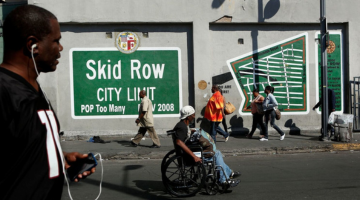
The midterm elections in the U.S.
offer no relief for African/Black working class and colonized peoples, according to Ajamu Baraka in Black Agenda Report. Baraka argues that the capitalist ruling class's intensified class struggle in response to anti-capitalist and anti-imperialist movements in the 1970s has led to a deepening crisis in society today.
He points to the Lewis Powell Memorandum in 1971, which called for a strategic class war to protect and preserve the capitalist system. Baraka contends that the neoliberal turn that followed has devastated the Black working class, leading to economic precarity, the loss of high-paying jobs, and the privatization of social services.
He criticizes both the Democratic and Republican parties, asserting that they represent the interests of capital and offer no solutions to the struggles faced by African/Black workers. In conclusion, Baraka argues for a radical structural change and ideological clarity to confront the systemic failures of capitalism.


In this article, the author discusses ongoing voter protection efforts, particularly in relation to voter photo IDs and voter purges. The organization Hope Springs from Field PAC has been targeting African-American neighborhoods in several states, including Georgia, North Carolina, and Florida, to increase voter registration and mobilization.
They have also been organizing free voter ID days in Georgia and North Carolina to ensure that voters have the necessary identification to cast a ballot. Additionally, the organization works to correct voter purges and ensure that eligible voters are not wrongly removed from the voter rolls.
They also focus on compliance with new election laws and provide voter protection on and around election days. The organization aims to expand the electorate and protect the rights of Democratic voters, particularly in minority communities.
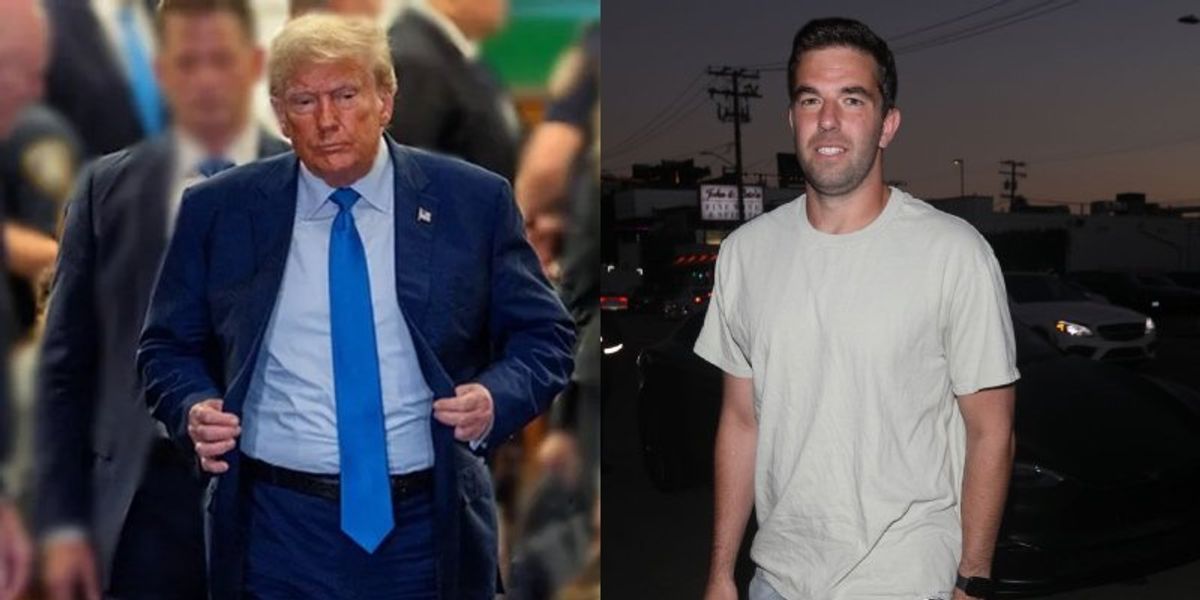
Former Fyre Fest fraudster, Billy McFarland, who organized a failed music festival in the Caribbean, is apparently helping former President Donald Trump connect with rap stars. McFarland posted a photo on Instagram of himself with Trump, captioned "Pres’ birthday featuring your new cabinet.
" He has also allegedly helped Trump connect with Detroit rapper Icewear Vezzo and Brooklyn rappers Sheff G and Sleepy Hallow. Rolling Stone reports that Trump's campaign is making an effort to recruit hip hop artists.
McFarland's involvement with Trump is surprising given that he was prosecuted by Trump's Justice Department on charges of wire fraud and sentenced to six years in federal prison. Trump himself has been found guilty of falsifying business records and defrauding investors.
It remains unclear what McFarland's exact role is with the Trump campaign, as Trump's team denies any formal connection.
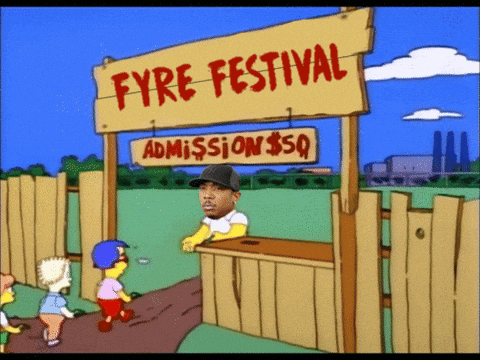
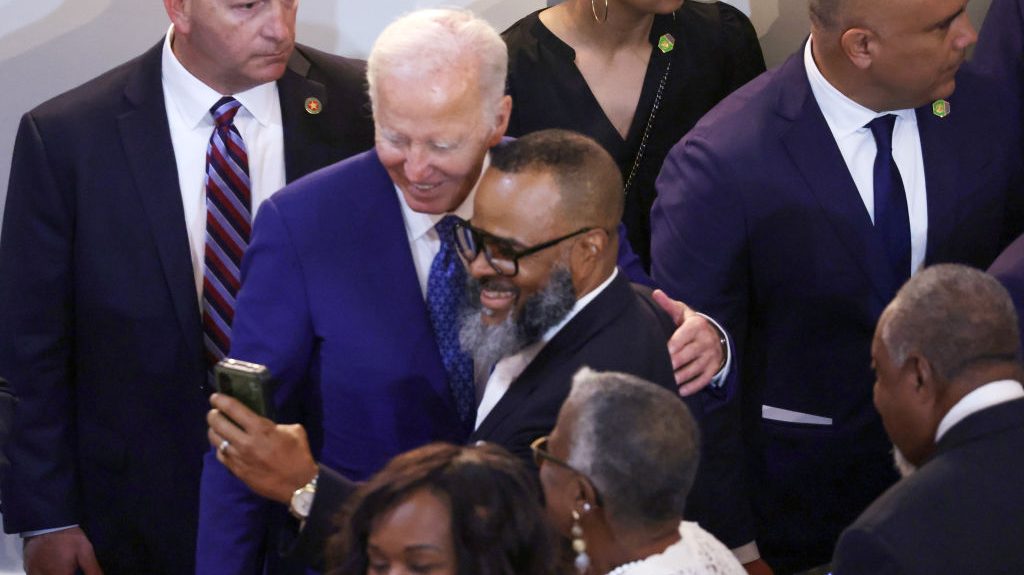
Black Americans are showing support for President Joe Biden despite calls for him to step aside as the Democratic nominee following his underwhelming debate with Donald Trump. Black Democratic leaders, including Congressional Black Caucus members, emphasize the importance of Biden's commitment to fighting for the future of the nation and Black Americans.
They believe that Biden's experience, support for economic progress, and dedication to uplifting Black communities outweigh concerns about his age. Black voters are described as pragmatic and focused on the threats posed by Trump and Trumpism, making them more likely to support Biden even if he were to suffer age-related impairment.
Winning over Black voters will be critical to Biden's re-election, and his campaign plans to tout his achievements in benefiting Black communities and lay out his future plans to continue that progress.
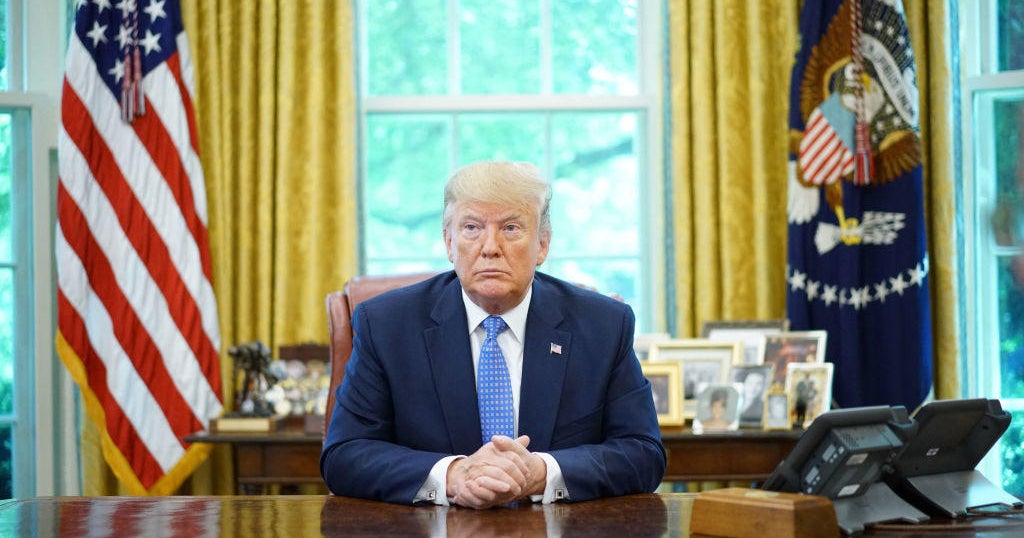
Project 2025 is a conservative-led initiative overseen by the Heritage Foundation that aims to outline a blueprint for potential policies and actions of a future Republican administration. The project consists of four pillars: a policy guide for the next president, a database of potential personnel, training for these candidates, and a playbook for the first 180 days in office.
Led by two former Trump administration officials, the project has been criticized by Democrats, who have linked it to former President Trump's potential reelection campaign. The policy guide, titled "Mandate for Leadership 2025: The Conservative Promise," suggests an overhaul of the federal government across various areas.
The project has faced scrutiny for proposals related to abortion, diversity, equity, inclusion initiatives, and immigration. While Trump and his advisors have distanced themselves from Project 2025, Democrats continue to tie it to his potential second term.
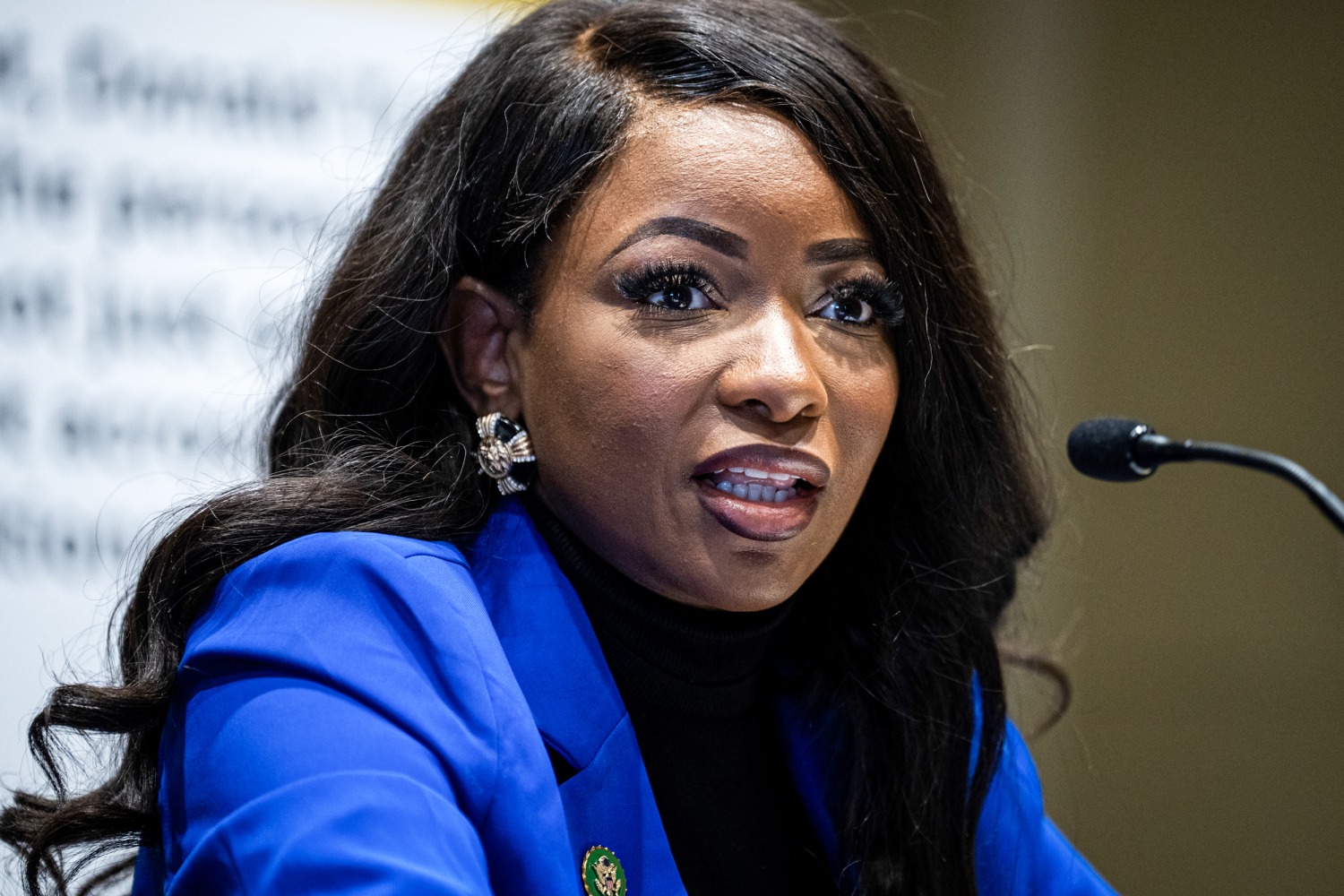
In an engaging episode of the "Why Is This Happening?" podcast, host Chris Hayes speaks with U.S.
Rep. Jasmine Crockett about her background, behind-the-scenes of congressional politics, the criminal justice system, faith, and overcoming adversity.
In the discussion, Rep. Crockett reflects on her experiences as a rising star within the Democratic Party and how her faith has kept her grounded in the often vitriolic world of politics.
The conversation also delves into her work as a criminal defense attorney and civil rights advocate. Rep.
Crockett discusses her motivation to run for office, the power dynamics of race and religion in politics, and the need for more compassionate policies and systemic change in the criminal justice system. By sharing her personal experiences and insights, Rep.
Crockett provides a fresh perspective on the intersection of faith, politics, and justice.
/


In a shocking revelation, a Department of Justice (DOJ) attorney admits that the Biden administration has delayed the ban on menthol cigarettes because of concerns over losing Black votes. Isaac Belfer, the trial attorney defending the U.
S. government in a lawsuit brought by public health groups, states that Biden doesn't want to pass the ban because he's worried it will alienate Black voters.
The U.S.
Food and Drug Administration (FDA) had planned to ban menthol cigarettes by March 2024, but the White House has held up the implementation of the prohibition. Public health groups argue that menthol cigarettes kill thousands of Black Americans annually, but Biden's focus on winning Black votes takes precedence over saving lives.
Belfer explains that the effort to ban menthols has been ongoing for over ten years, and now that it's close to becoming a reality, Biden is purposefully delaying it. The FDA wants the regulation to pass, but the decision is being slow-walked by the Biden White House.


